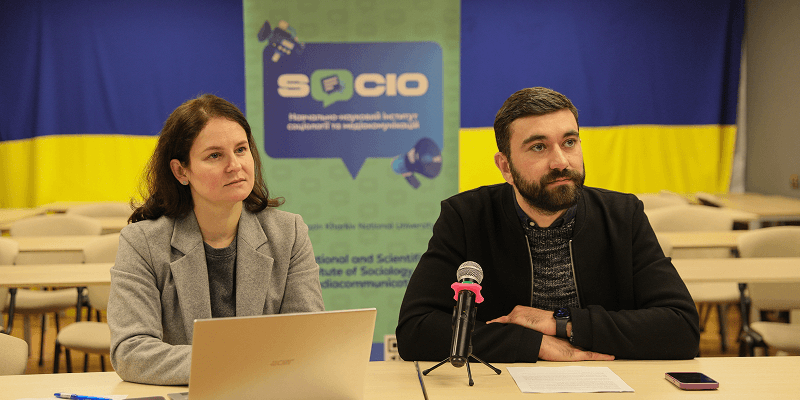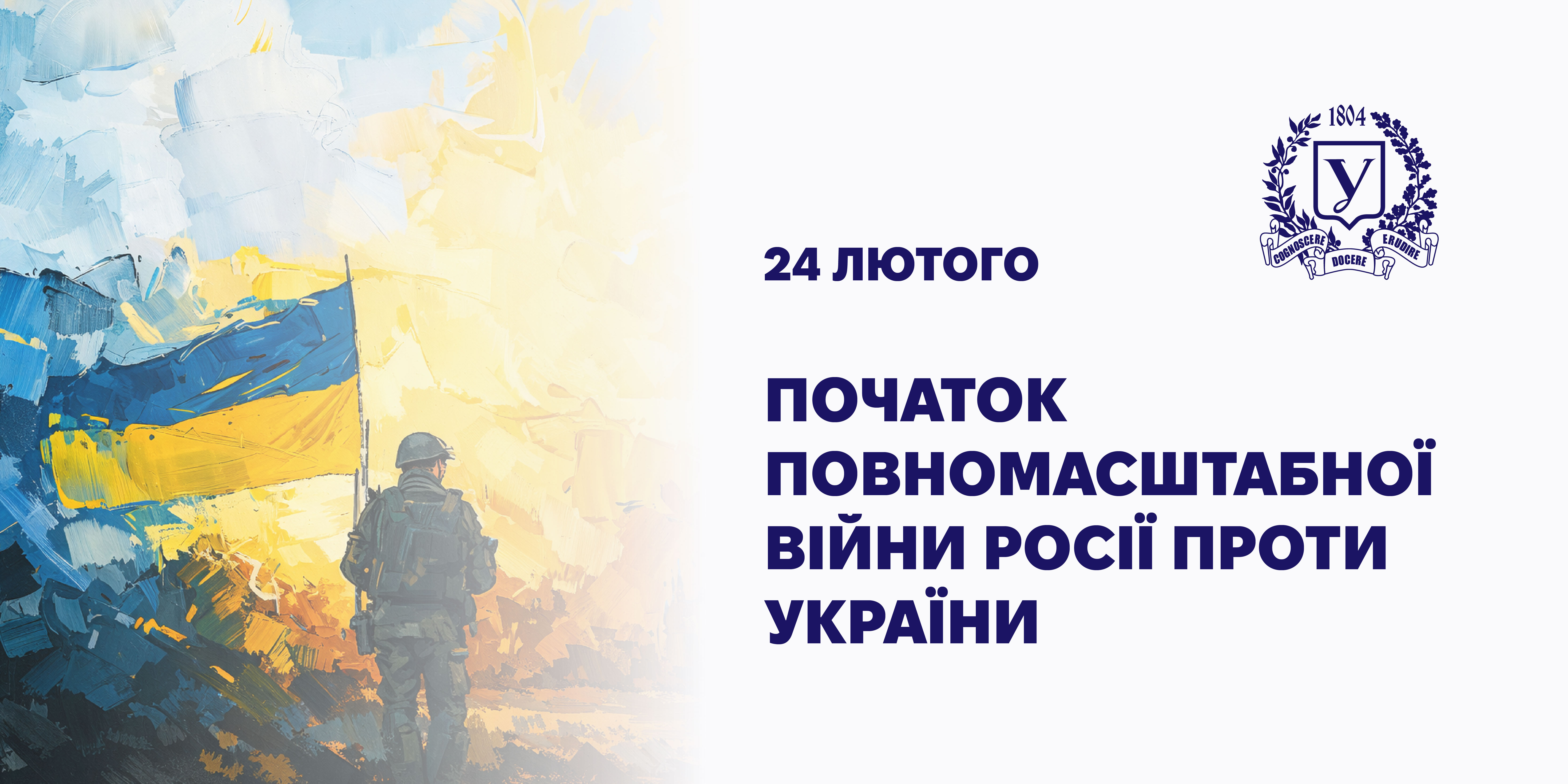Memorandum of Understanding between Karazin University and the University of York signed
%20(1).jpg)
On the 21st of June 2022, V. N. Karazin Kharkiv National University (Ukraine) and the University of York (United Kingdom) signed the Memorandum of Understanding. This is an important step on the way of collaboration of the universities which started in the framework of the "Twinning Initiative" programme. This programme, initiated by the Cormack Consultancy Group with an active participation of the "Universities UK" Association and involvement of the Ministry of Education and Science of Ukraine, was launched in response to the threats that Russia’s invasion poses to higher education in Ukraine. The "Twinning Initiative" aims at establishing partnerships between the universities of Ukraine, Great Britain and the European Union in search of the optimal ways of supporting particular HEIs, creating their long-term alliances.
At the signing ceremony, the University of York was represented by its President, Professor Charlie Jeffery, Provost, Professor Saul Tendler, Global Partnerships Officer Vaughan McKee, Project Manager Sarah Beeston as well as President of the University of York Students’ Union Patrick O’Donnell.
In its turn, Karazin University was represented by its President, Professor Tetyana Kaganovska, Vice-President Professor Anton Panteleimonov, Acting Head of the International Relations Office Associate Professor Natalya Oliynyk, and Head of the Student Council Vitalina Shevchenko. Director of Partners Phill Gray took part in the ceremony on behalf of the Cormack Consultancy Group.
The participants of the ceremony addressed the issues of further collaboration of the two universities and support of Karazin University in the current situation of the war unleashed by Russia. In particular, a number of working groups by the subject areas shared by the two universities were created.
The members of the working groups suggested a range of initiatives aimed at supporting the learning and teaching process under the excessively challenging conditions of Russia’s invasion, promoting the integration and actively involving the academic communities of both universities into the development of the common European educational space.



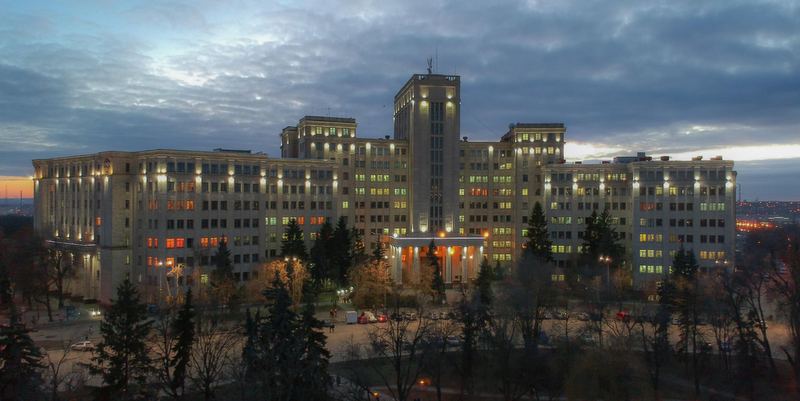
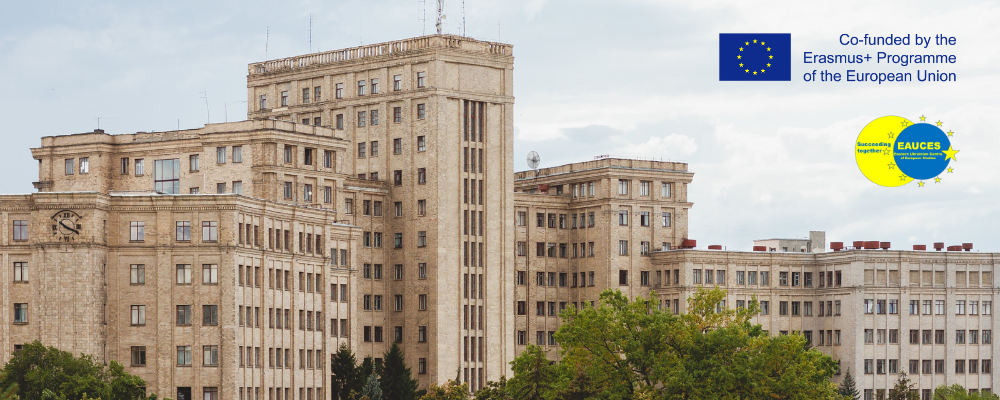
.jpg)
.png)
.jpg)
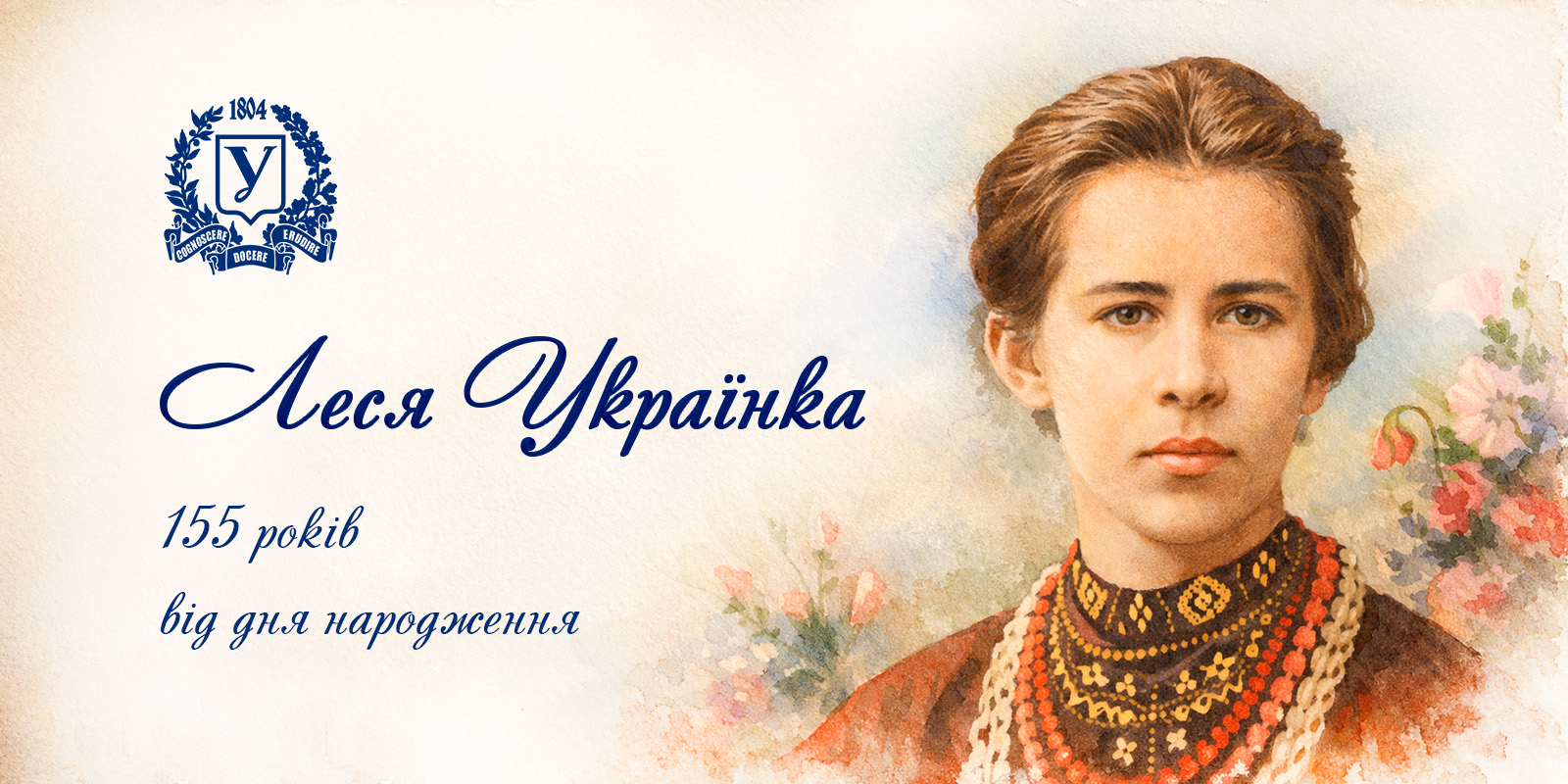
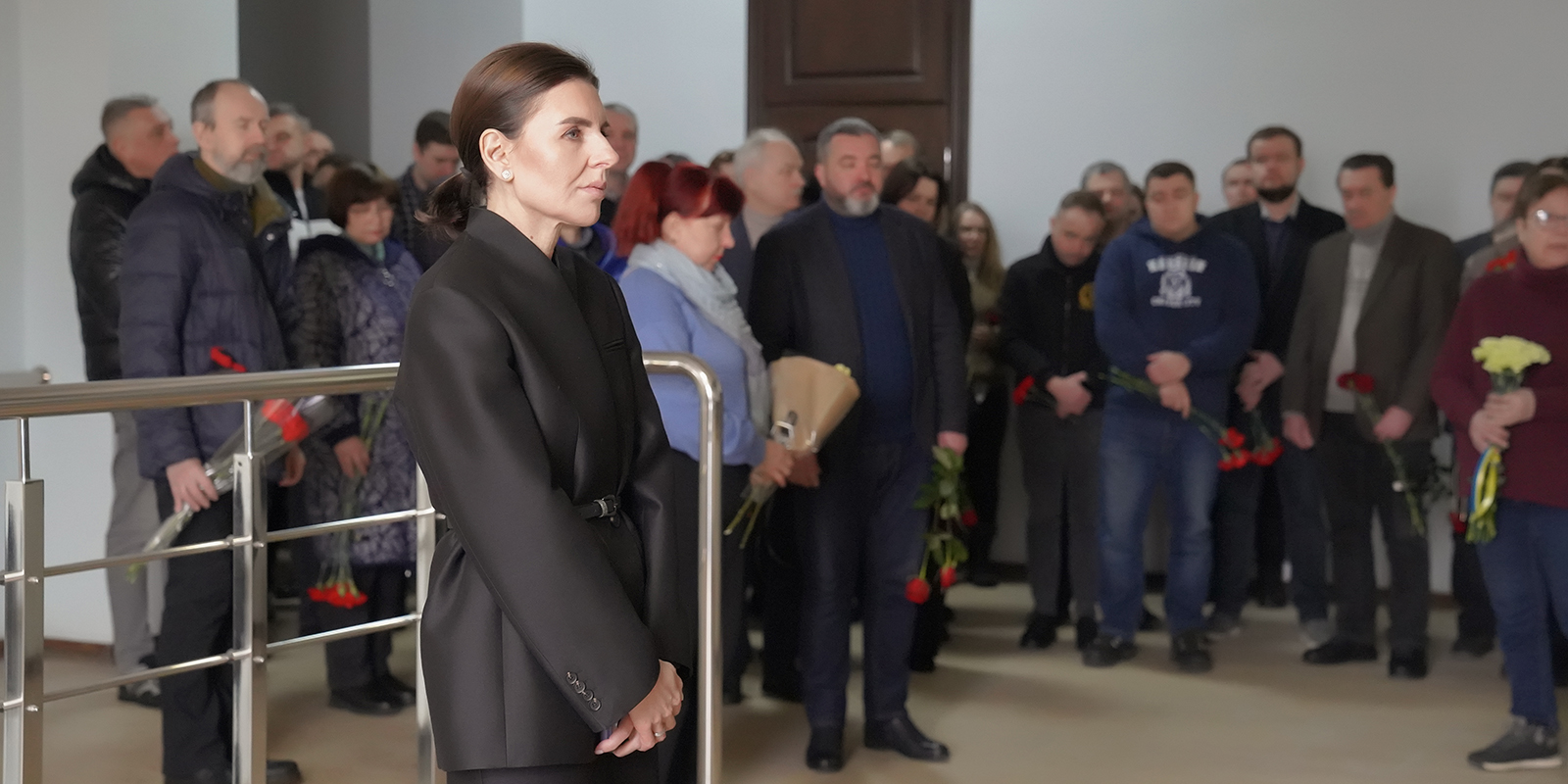
.jpg)
